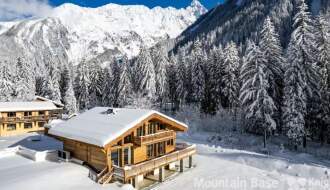Since Brexit, British nationals have joined North Americans, Australians and many others as ‘third country nationals’, able to stay in the Schengen Area for 90 days out of every 180. Not quite long enough? If you want to enjoy your ski home for longer, here, we offer insight on some of the visas that can extend your stay.
What is the 90-day rule?
Since Brexit, British people now count as third country nationals. As a result of this, we are only able to stay within the Schengen Area – the 26 countries that includes most European Union countries – for 90 days out of every 180. Even if you own a home within the EU, you are still only able to stay there for 90 days out of every 180.
So if you spend 80 days in your ski chalet in France and then intend on spending time in your friend’s home in Italy, you will only have another 10 days there before needing to leave.
If the 90-day rule sounds frustratingly short, there are alternatives. Here are the main visas that will enable you to stay longer.
Digital nomad visa
As a result of the pandemic, many of us came to realise that we could do our jobs remotely. And if you can do your job from anywhere, why not do it from the top of a mountain? This has led to many countries introducing a digital nomad visa. It enables you to work for a company based in one country while living in another. In Europe, countries that have a digital nomad visa include: Spain, Greece, Czech Republic, Croatia, Portugal, Malta and Latvia.
All come with specific financial requirements and allow you to stay for different lengths of time. For example, the Spain digital nomad visa allows you to stay for up to twelve months. To qualify, you must have an annual salary of €2,334 a month. Over in Greece, you must have a salary of €3,500 a month.
Often, even if a country does not have a visa specifically designed for digital nomads, there are alternatives. For example, France has a long-term visa that you could apply for as a remote worker. In these cases, it just takes a little more digging to find out the rules behind the visa.
The European Blue Card
Similar to the American Green Card, the European Blue Card allows professional non-EU nationals to live and work overseas. All EU member states offer Blue Cards to eligible third country nationals expect Ireland and Denmark. The European Blue Card is a merit-system in that it is granted on the basis of having completed tertiary education and/or having three or more years of experience in your chosen professional field.
Golden visa
Several countries within the EU allow you to gain residency in the country by making an investment there. In Austria, you can gain residency by making a sustainable contribution to the economy. Other requirements include having a minimum of €40,000 in liquid assets in a bank account, proof of permanent residential real estate and proficient German language skills. In Italy, the minimum option is a €250,000 investment in innovative start-ups.
Some countries offer the option to gain residency by making a property purchase of a set minimum. For example, in Spain, you can apply for a golden visa by purchasing a property of €500,000 or more.
While a golden visa often grants you the right to live, work and travel freely around the Schengen Area, because it is not based on your employment status, it does offer more freedom and flexibility than a work-based visa. Plus, many golden visas have a small or no minimum stay requirement.
Retirement visa
If you do not intend to work in the European country of your choice, then you may want to look into retirement visa options. These are country specific and being able to prove that you can be self-sufficient in the country. For example, Italy has the Elective Residency Visa has a minimum requirement of €31,000 per year, which rises to €38,000 as a married couple. This amount must not come from employment, but could be from a pension or property income.
Of course, if you really do fall in love with life in your European ski chalet, then you might want to look to applying for citizenship.
Calls for the 90-day rule to end
As frustrated as you may be by the 90-day rule, some European countries have aired their own frustrations. In France, MPs have recently backed a proposal to introduce a second homeowners visa. Currently, British nationals own 86,000 second homes in France. The proposed visa would last for five years and allow them to stay for longer than 90 days out of every 180 in their properties. Additionally, Spain has requested of the European Union that the 90-day rule be relaxed for British tourists.
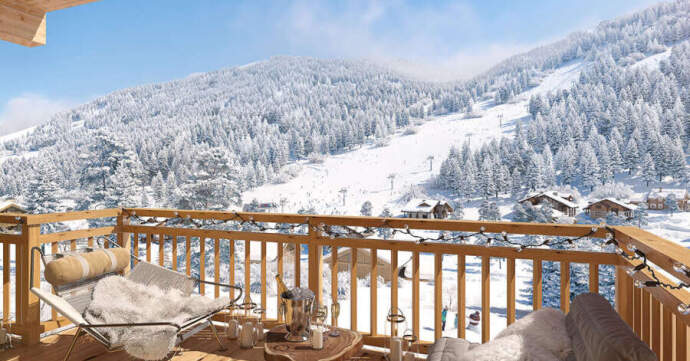
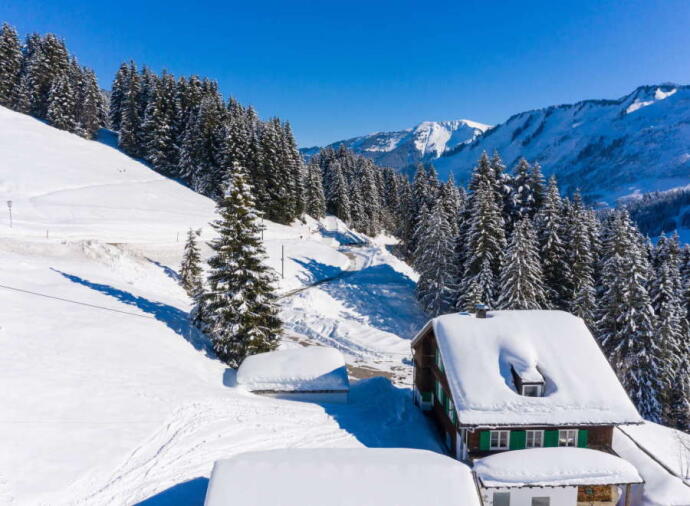
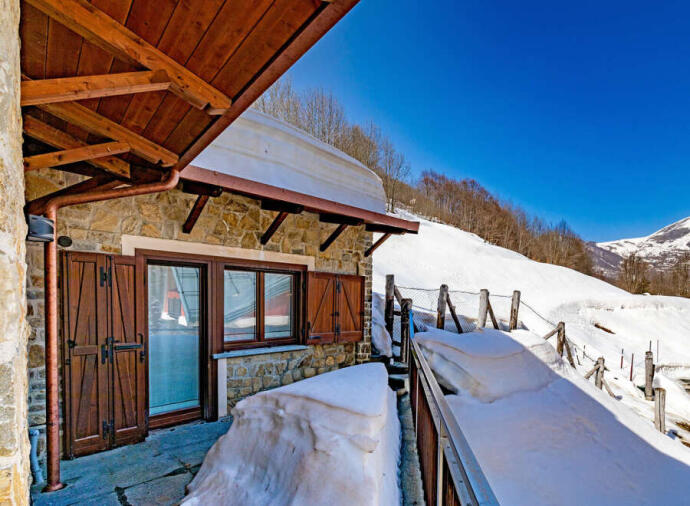
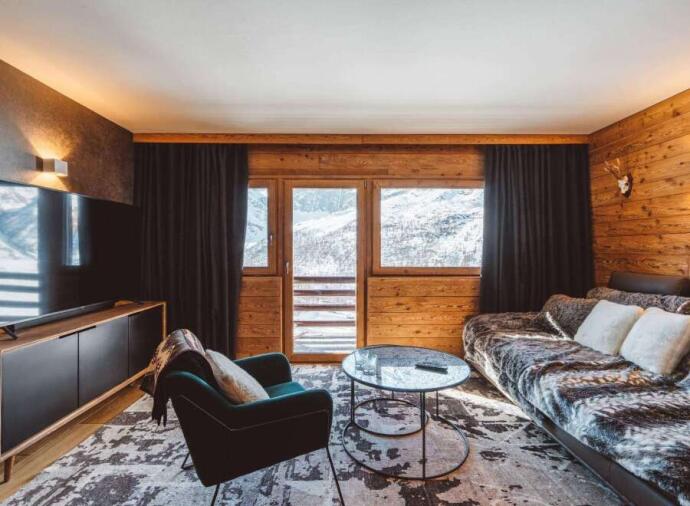

 Apr 01, 2024
Apr 01, 2024
